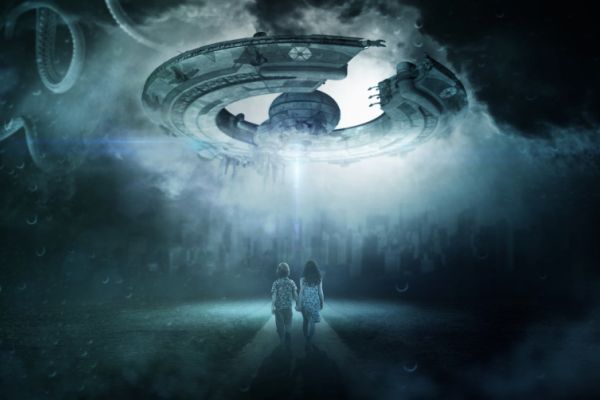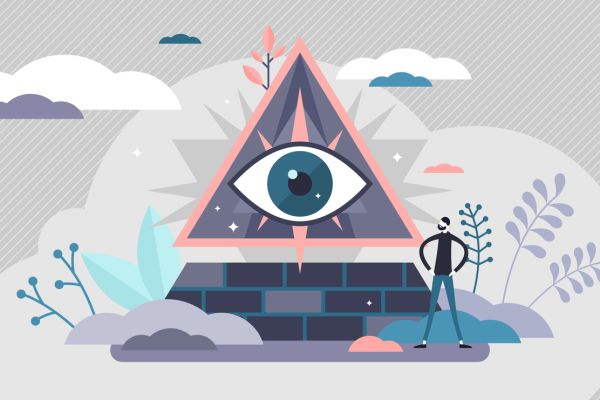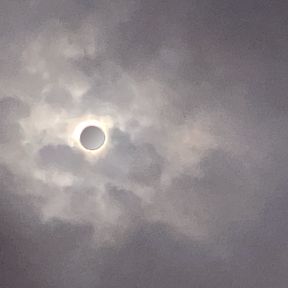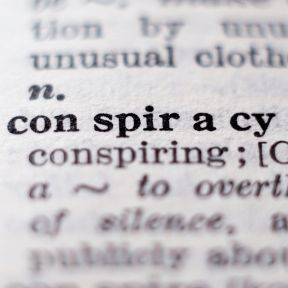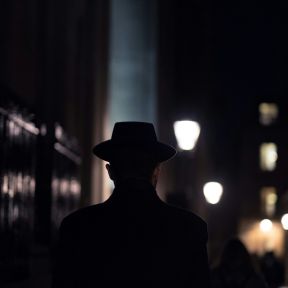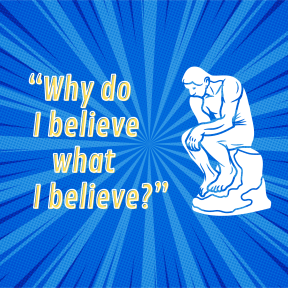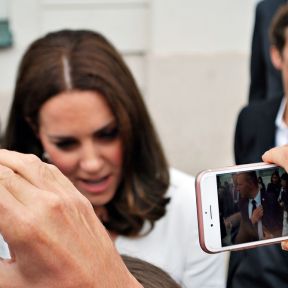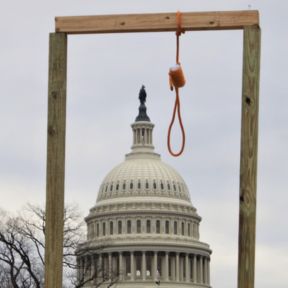
Conspiracy Theories
Conspiracy theories abound throughout history, especially in times of crisis, such as the worldwide Covid-19 pandemic. People who believe these theories often have a sense of existential threat: a perceived danger to one’s own life or well-being. People then consume, believe, and share these theories as a way of making sense of that threat.
Whatever the belief, researchers find that people who believe in conspiracies distrust others, are more likely to be paranoid, and often have low-self-esteem.
Contents
Why do people believe in outlandish plots? Researchers reported in the journal Current Directions in Psychological Science that the reasons for believing in conspiracy theories include the need for certainty, the need for control over one’s life, the need for a positive self-image as well as the desire to feel unique.
We seek explanations for events and want to know why things happen the way that they do. We then land on answers to these questions that are not necessarily true. However, what is more important than the truth? The answers must comfort us and fit into our worldview.
Everyone wants to feel that they’re in control of their lives. Many people feel safer when they’re the driver of the car rather than the passenger. But even the best drivers can get into accidents for reasons beyond their control. Conspiracy theories give believers this sense of control and security.
We all prefer feeling powerful to feeling powerless. And knowledge is power. This is gratifying and empowering for us particularly when the complexity and uncertainty of life feel overwhelming. Conspiracy theories also supply a seductive ego boost. Believers often consider themselves part of a select in-group that, unlike the deluded masses, has figured out what’s really going on. Believers possess knowledge that others don’t.
We all have a desire to maintain a positive self-image, which usually comes from our jobs and our relationships with people close to us. When we know we make a positive difference in the lives of others, we see our own lives as worthwhile, and we feel good about ourselves. However, people who feel socially marginalized are more likely to need reassurance, and belief in conspiracy theories may fill these gaps.
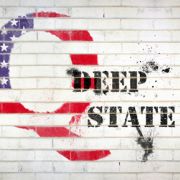
Things that do not happen for a reason are unsettling and appear menacing. That may be one reason why about half of us believe in one conspiracy theory or another. And that number is plausible, especially when some sinister actions have turned out to be true. It took tobacco companies 40 years to publicly admit that smoking causes cancer, for example.
People have a tendency to prefer dispositional explanations to situational ones. When we observe an event, we are much more likely to attribute it to some intentional motive than to circumstance or happenstance. This is known as the fundamental attribution error. Conspiracy theories are by definition dispositional, someone planned this for a purpose. They are uniquely satisfying to our minds.
Confirmation bias refers to the tendency for a person to become attached to beliefs and to search for or interpret information in ways that confirms their preconceptions. Once we settle on a conviction, we will search, remember, and accept only evidence that supports it, while ignoring and neglecting disconfirming evidence. This is why people gravitate to online sites that match their preexisting beliefs and prejudices.
Belief perseverance refers to our quest to maintain our beliefs even after the information that originally gave rise to it has been refuted. Once we’re set in our beliefs, evidence to the contrary will be dismissed. This is why politicians promote polls that show them to be popular—confirmation bias. And this is why they label the polls that don’t as fake—belief perseverance.
The brain has evolved in a dangerous environment where the ability to fill in the blanks conferred important survival advantages. If you can make out from a distance the hidden predator in the bushes, you are more likely to survive. The brain came to specialize in meaning-making and pattern-finding.

People still talk about the sinister Illuminati as if the cabal was still at work today. Also, for many people, Elvis is still alive and the 1969 moon landing was completely faked. Social media has heightened the spread of these theories because of the ease with which one can sit in front of a computer and click and click. A person can look for information until they have satisfied their thirst for knowledge. The Internet can affirm any point of view one may have.
Endorsing and spreading misinformation may be associated with prejudice toward vulnerable groups, a decreased trust in government, decreased civil participation such as exercising one’s vote, and waiving good health habits such as getting vaccinated.
Social media outlets had banned radio host Alex Jones, who has claimed the validity of numerous theories, one being the Sandy Hook shooting was orchestrated by the U.S. government to promote gun control. But banning and censoring can backfire, in turn fueling the idea that the truth is being silenced.
Educating people, especially the young, about science and critical thinking would help. Plus, giving people more information that is evidence-based may help fend off the tendency to fall into a rabbit hole of misinformation.
First, don’t be judgmental. No one will listen when you are passing judgment. Give alternative explanations and offer empirical facts. Remain empathetic and compassionate, doing so may promote cognitive flexibility and openness in others.

Here are a few plots we love, old and new.
• Area 51: Government cover-up of the existence of aliens and UFOs.
• Chemtrails: Chemical/biological agents nefariously sprayed by aircraft
• CIA and AIDS: The virus was created by the CIA to eradicate homosexuals and African-Americans
• COVID and 5G: 5G transmissions trigger human cells to create coronavirus
• Elvis is alive and well
• Flights MH370: One among many theories, The Illuminati was responsible
• Holocaust Deniers: The Nazis did not kill millions of Jews during the Holocaust
• The Illuminati: The world is controlled by this secret society for hundreds of years
• Moon Landing: Staged by NASA in a studio
• Obama Birtherism: Barack Obama was not born in the U.S.
• Paul Is Dead: That Paul McCartney of the Beatles died in 1966 and was replaced by a lookalike
• Pizzagate: Human trafficking and a child sex ring orchestrated by the Democratic Party through certain restaurants
• QAnon: A secret plot against President Trump and his supporters by the Deep State
• Who Killed JFK? The CIA, the Mafia, Lyndon B. Johnson, Fidel Castro, the KGB
